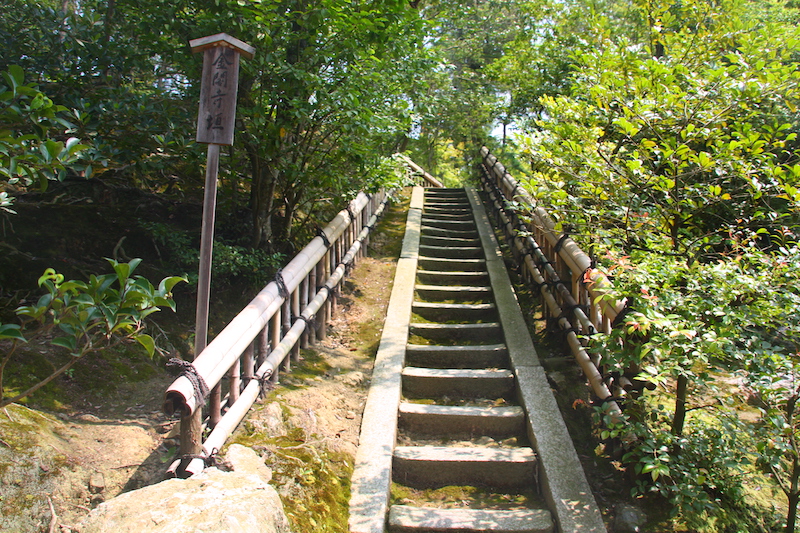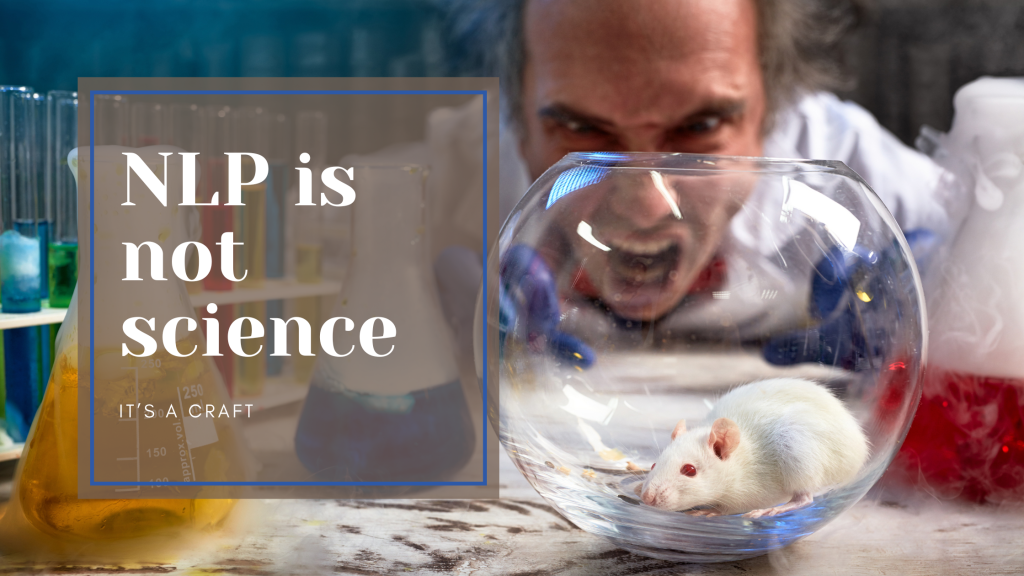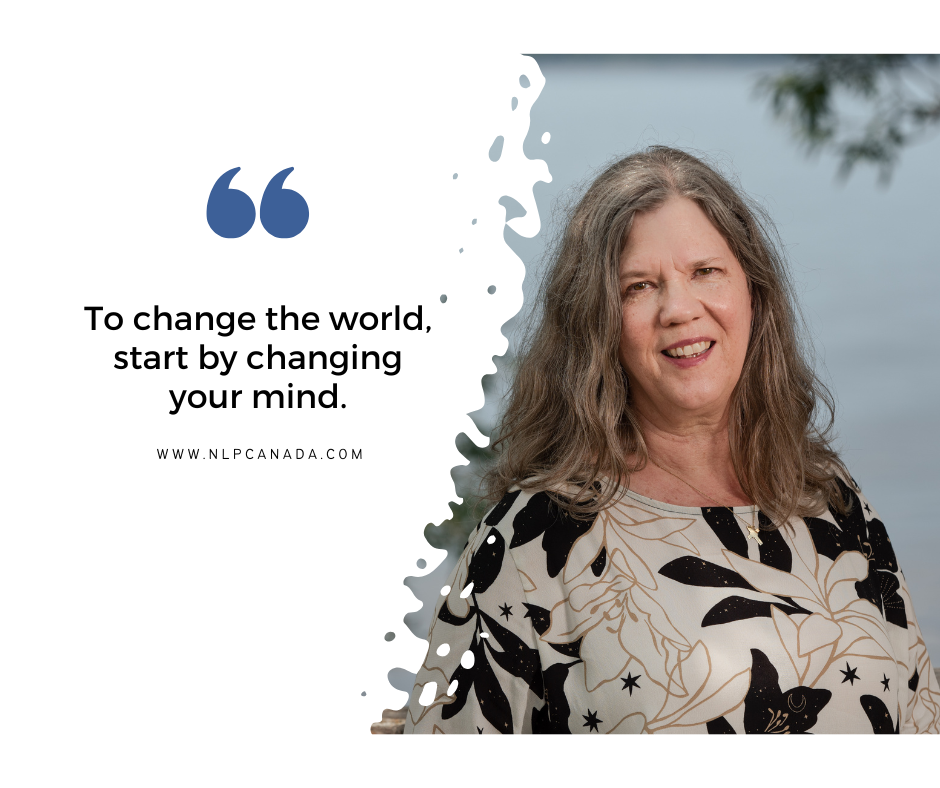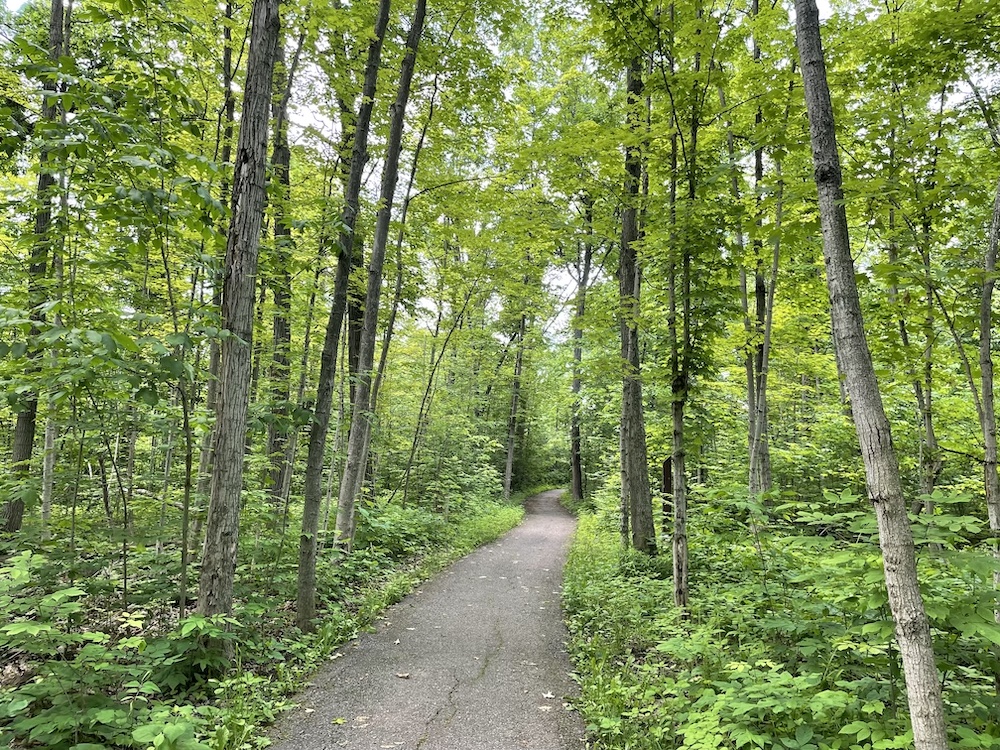It seems like an easy manipulation of language. You say, “what if. . .” Like magic, you discount the way things are and explore the way they could be.
There’s a but, of course. When you are confronted by something you have accepted so long that it feels inevitable, it’s hard to imagine difference. There doesn’t seem to be a point to saying, “Yes, but what if you changed just one thing?”
It’s not always easy to ask “what if” or to get other people to ask it. That’s where NLP is really useful. We ask “what if” with anchors. That means instead of asking “what if you were focused now?” we ask people to “remember a time when you were focused.” And when they do, we attach that memory to a touch or a word or an image.
Now we can play “what if” without words. We say, “think of a situation when you are distracted” and then we add the touch or word or image that represents focus. In the brain, two patterns become active at the same time: the representation of the situation and the representation of focus. The focus is wired into the distraction and we can now imagine how focus would change it at the same time that we know focus is possible because it’s already in our mental representation.
It’s possible that we’re much better at asking “what if” when we don’t let words get in the way. When we talk about change, we can only see one piece of the future at a time. That’s the way words work. When we find ways to use our senses, our memory and our imagination, we can envision change and then decide whether it is useful.
Over time, we don’t need the anchors. We stop fighting “what if” and simply slip into a new state and notice what else becomes possible. It takes practice to use a word like “focus” to change what you perceive.
That’s why NLP is a practice. It’s not theory driven. It’s driven by your will to ask: what if? what else? what next?



